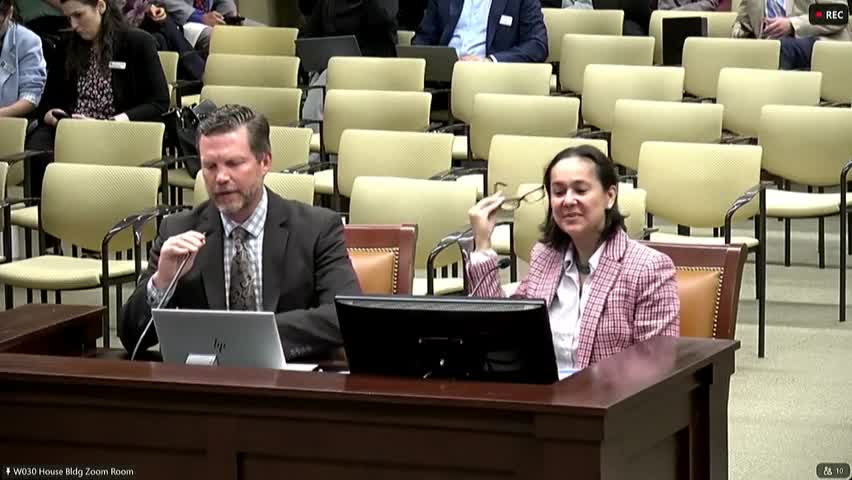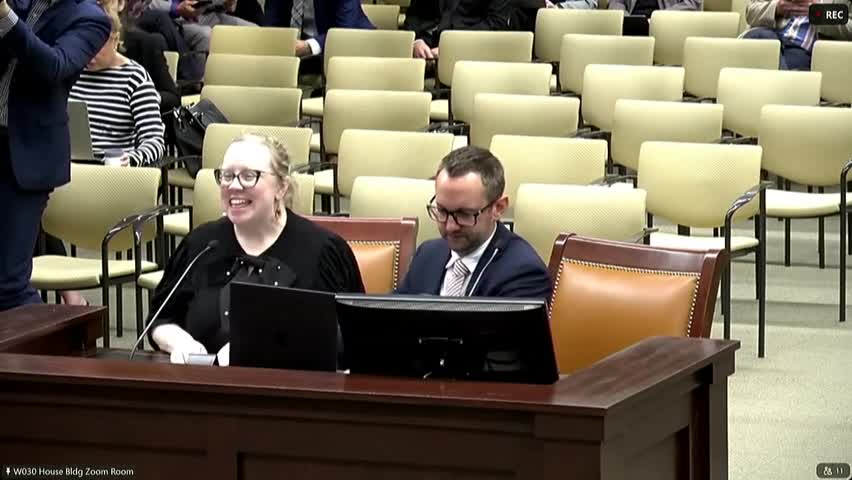Article not found
This article is no longer available. But don't worry—we've gathered other articles that discuss the same topic.

Draft bill would require insurers to ensure accurate behavioral‑health directories and ease single‑case out‑of‑network access

University of Utah dental program expands Medicaid adult coverage; pediatric and pregnant populations moving in 2026

Utah prepares federal Rural Health Transformation application; stakeholders to shape priorities before Nov. 5 deadline

Legislative audit finds Utah’s all‑payers claims database underused; calls for clearer purpose and data‑sharing rules

Committee recommends five‑year extension for Utah Commission on Aging

